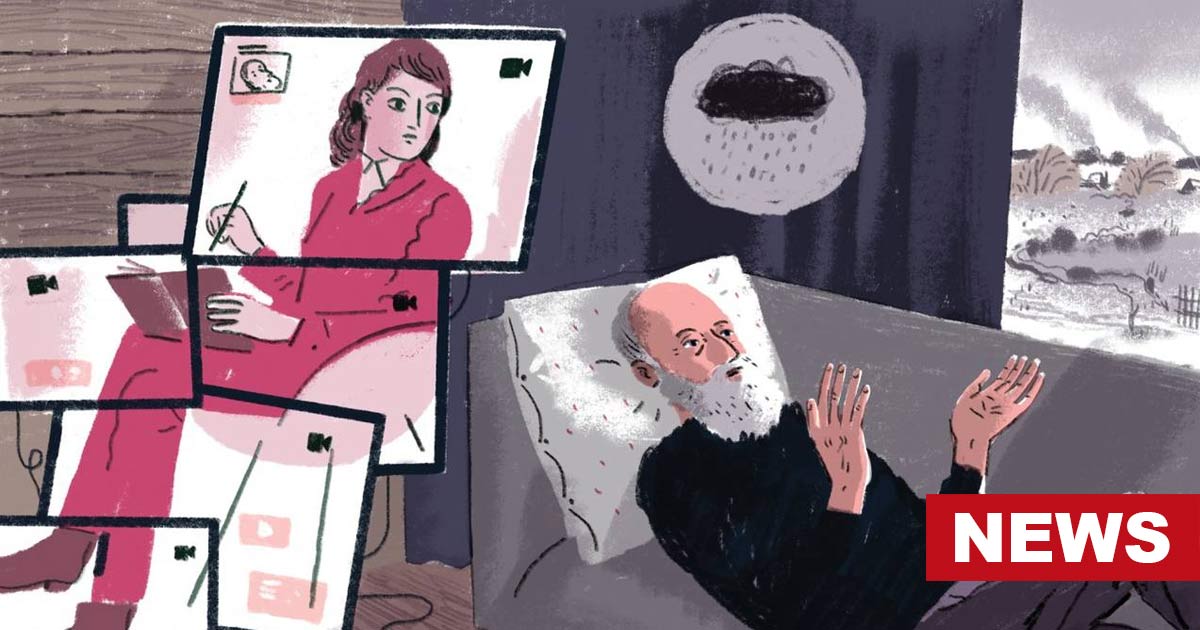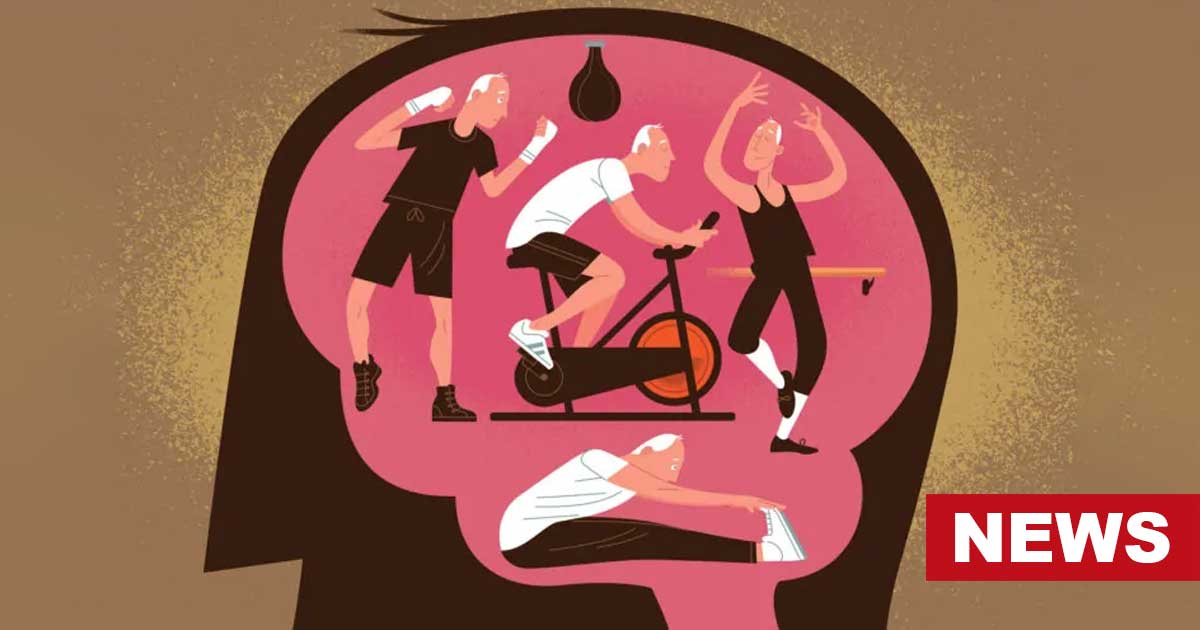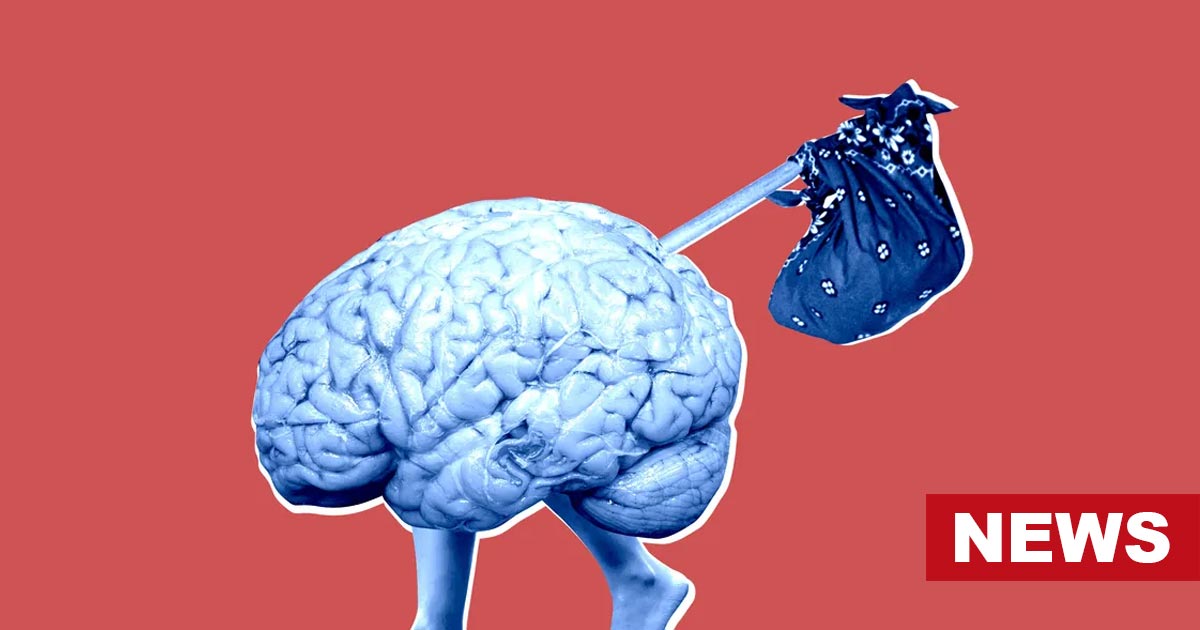Misconceptions about electroconvulsive therapy (ECT) have long dogged it, largely because pop culture has portrayed it as a brutal, ineffective treatment.
Despite its remarkable efficacy, the stigma that surrounds electroconvulsive therapy, previously known as electroshock therapy, has hindered its acceptance as an effective means of treating depression.
A ground-breaking understanding of how ECT can work in treating this condition is revealed in recent research led by a data-driven neuroscientist at UC San Diego.
Rethinking ECT: Understanding its Mechanism of Action
To unravel the mystery behind why ECT works so well for depression, Dr. Bradley Voytek’s team studied the brain wave patterns of patients treated using advanced techniques to figure out this mechanism.
Their study does not concentrate on resetting the brain but rather on overlooked information about electric background signals in the brain which may be vital in explaining how it responds to electroconvulsive therapy.
Unveiling Brain Waves: Deciphering the Orchestra of Neural Activity
The researchers used electroencephalogram (EEG) technology to determine what happens inside one’s brain during such electrical activity and compared this process with an orchestra playing music.
It is important to note that just like musical notes, these waves come from two sources: orchestrated oscillations and aperiodic activity or tuning noises.
The conventional analysis methods overlooked the importance of aperiodic activity, dismissing it as mere background noise.
The Missing Signal: Aperiodic Activity’s Role in ECT’s Success
In previous studies investigating brainwaves after ECT, slow oscillations were regarded as the cause for its effectiveness.
The team hypothesized that what was mistaken for low amplitude alpha rhythm oscillations might instead be aperiodic activity similar to tuning noises in an orchestra.
Uncovering the Link: Aperiodic Activity and Depression
While studying EEGs taken from patients undergoing both MST (magnetic seizure therapy) and ECT after every session, scientists made a great discovery.
ECT significantly increased the level of aperiodic activity, while slow oscillations remained relatively stable.
This finding suggests that the increase in aperiodic activity is central to depression which in turn may explain how ECT works.
Restoring Brain Balance: A Key to Treating Depression
A theory linking depressed individuals with a lack of inhibitory brain cells was developed further by Dr. Voytek and his team who found that post ECT, there is an increase in the level of this activity.
Thus, the change in aperiodic activity may be responsible for restoring homeostasis among neurons, hence relieving depression.
Shifting Perspectives: Destigmatizing Electroconvulsive Therapy and Paving the Way for New Treatments
Although this study had a small sample size, its implications are profound. The findings suggest that ECT and MST work by resetting aperiodic activity thereby restoring normal functioning of inhibitory brain cells.
There is potential for further research once the stigma associated with ECT is removed so as to promote new ideas about developing treatments for depression.
The Path Ahead: Exploring the Uncharted Territories of Brain Activity
This epochal discovery about how irregular brainwaves affect people not only redefines the way we look at ECT but also appears helpful in resolving other neurologic questions.
To investigate brain changes during aging, schizophrenia, epilepsy, etc., scientists will need to dig into ‘nonmusical’ background noise created by brains.
A Paradigm Shift in Understanding ECT’s Mechanism
To this day, the understanding of electroconvulsive therapy (ECT) has always been based on the assumption that it is effective because it works as a means of inducing seizures.
However, Dr. Bradley Voytek’s research team has proved this to be misguided by showing how non-oscillatory brain activity, usually referred to as aperiodic neuronal activity, plays a role in ECT’s effectiveness against depression.
Therefore, this finding changes everything and will revolutionize the mental health sector forever because for many years ECT had been viewed as a last-resort treatment option that was full of stigma.




























